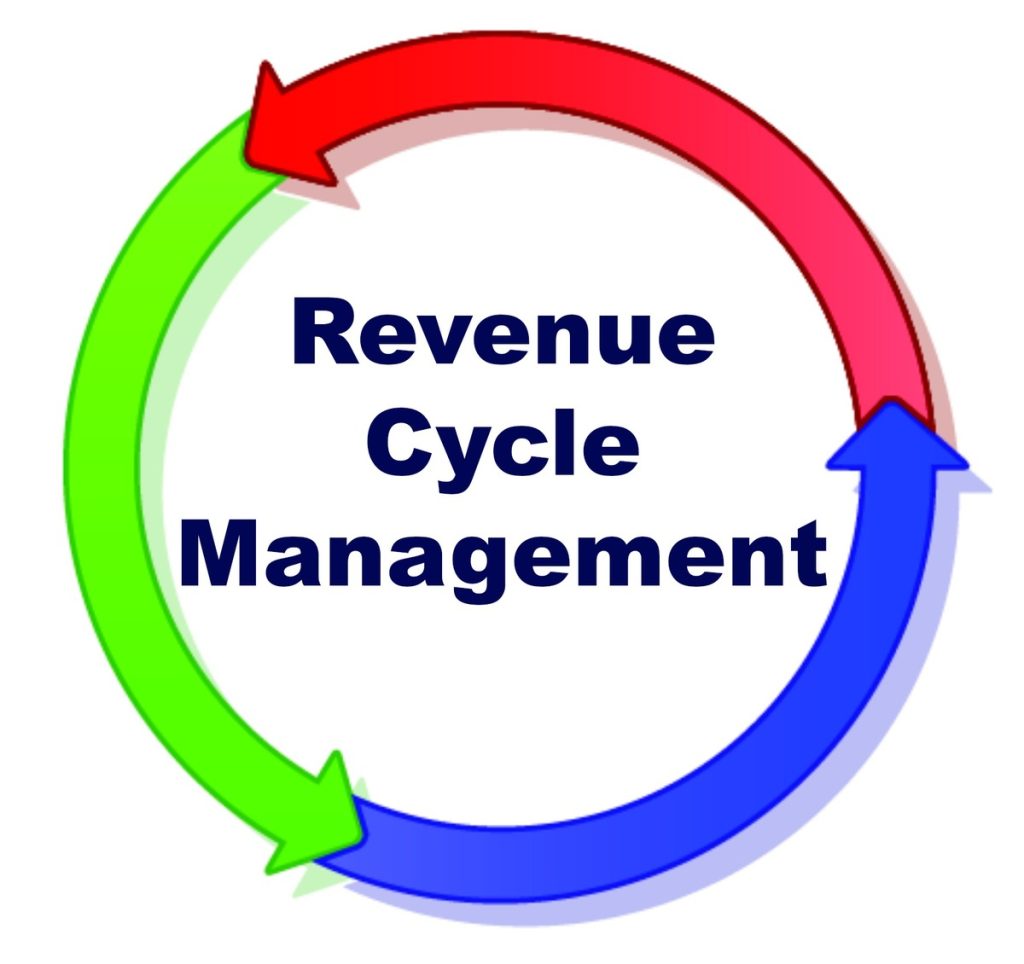Revenue Cycle Management (RCM) is central to healthcare financial operations. It encompasses all financial activities from patient appointment scheduling to the final payment of medical services. The efficiency of RCM directly impacts a healthcare provider’s financial health, ensuring accurate billing and prompt payment.
Current Trends in RCM for 2023 and Beyond
1. Automation and AI Integration
Automation and artificial intelligence (AI) are revolutionizing RCM, reducing errors and manual tasks. A McKinsey report shows that AI can reduce claim denials by up to 30%, leading to quicker revenue realization. AI streamlines billing, coding, and follow-ups, ensuring a more efficient RCM process.
Table 1: Impact of Automation on RCM Processes
| Process | Manual Process | Automated (AI-Powered) |
|---|---|---|
| Claims Processing Time | 15-20 days | 5-10 days |
| Error Rate in Claims | 10-15% | 2-5% |
| Denial Rate | 20-25% | 10-15% |
| Labor Costs | High | Reduced by 25% |
2. Telehealth and Remote Work Models
The rise of telehealth services, accelerated by the COVID-19 pandemic, has reshaped RCM. The Centers for Medicare & Medicaid Services (CMS) reported a 154% increase in telehealth use in 2022 compared to pre-pandemic levels. This shift required adjustments in billing practices to accommodate telehealth services, now a significant revenue source.
Remote work for RCM staff introduces new challenges. Effective remote work models require robust digital tools to ensure compliance, data security, and efficient communication within RCM teams. Providers must adapt to maintain efficiency in this new environment.
3. Value-Based Care
The transition from fee-for-service to value-based care models continues to impact RCM. In value-based care, providers are reimbursed based on patient outcomes, not service volume. This model demands close monitoring and management of patient data to ensure accurate and timely reimbursement.

Technological Innovations in RCM
1. Electronic Health Records (EHR) Integration
EHRs are crucial in RCM, improving data accuracy and streamlining billing. EHR adoption rates have reached 89% among U.S. office-based physicians. EHR integration with RCM systems allows for real-time data access, reducing errors and speeding up the revenue cycle.
2. Real-Time Eligibility Verification
Real-time eligibility verification ensures that patients’ insurance coverage is active before services are provided, reducing the risk of claim denials and speeding up payments. The Healthcare Financial Management Association (HFMA) study found that real-time verification tools can reduce claim denial rates by 15% on average.
Table 2: Benefits of Real-Time Eligibility Verification
| Metric | Pre-Implementation | Post-Implementation |
|---|---|---|
| Claim Denial Rate | 18% | 3% |
| Time to Payment (Days) | 25-30 | 10-15 |
| Patient Satisfaction Score | 78% | 90% |
3. Denial Management Software
Denial management is vital in RCM. Software solutions analyze denial patterns, address root causes, and implement improvements. Effective denial management can lead to a 20% increase in net revenue.
Challenges and Opportunities in RCM
1. Regulatory Compliance
Healthcare is heavily regulated, with laws like the Affordable Care Act (ACA) and the No Surprises Act affecting RCM processes. Compliance with these regulations is crucial to avoid penalties and ensure accurate billing. For example, the No Surprises Act requires healthcare providers to offer clear, upfront cost estimates. Non-compliance can result in financial penalties.
2. Patient Experience and Financial Transparency
Patient experience is a priority in healthcare. Transparent billing practices and clear communication about costs are key to maintaining patient satisfaction. A survey by Accenture found that 74% of patients would switch providers for a better billing experience. Implementing cost estimate tools and improving billing clarity can enhance patient satisfaction and reduce unpaid bills.

Future of RCM
1. The Role of AI and Automation
AI and automation will continue to be integral in RCM. As AI technologies evolve, they will offer advanced tools for predictive analytics, patient engagement, and financial forecasting. Healthcare providers investing in AI-driven RCM solutions will better navigate revenue cycle complexities, reduce costs, and improve patient outcomes.
2. Partnerships and Collaboration
Effective RCM requires collaboration with trusted partners. Merchanto.org, a partner of VISA and MasterCard, offers chargeback prevention services. Their solutions help healthcare providers reduce chargeback risks, a common RCM issue. Merchanto.org’s expertise can significantly enhance a provider’s revenue cycle by minimizing payment disputes and ensuring faster reimbursements. Learn more about their services here.
Table 3: Comparison of Chargeback Prevention Partners
| Provider | Partnerships | Chargeback Prevention Rate | Additional Services |
|---|---|---|---|
| Merchanto.org | VISA, MasterCard | 95% | Fraud detection, Compliance |
| Checkout.com | N/A | 90% | Payment processing |
| Stripe.com | N/A | 85% | Payment gateway |
| Braintree.com | PayPal | 88% | Payment processing, Integrations |
Conclusion
Revenue Cycle Management is central to healthcare financial operations. The integration of automation, AI, and real-time verification tools improves processes, reduces errors, and enhances patient satisfaction.
By embracing these trends and technologies, healthcare providers can improve financial outcomes and deliver better care to patients, ensuring a healthier bottom line and a more efficient healthcare system.



